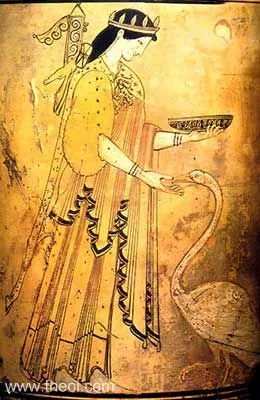A Discussion Regarding the Homosexual Agenda in America
Mike Delaney of Prothink.org and Sword Brethren offer an impromptu off-the-cuff discussion regarding the agenda of sexual deviants in America. We thank these brethren for filling in for us as William Finck was travelling this week. We also thank our good friend Jerel Mosley for his participation.







 Please click here for our mailing list sign-up page.
Please click here for our mailing list sign-up page.







